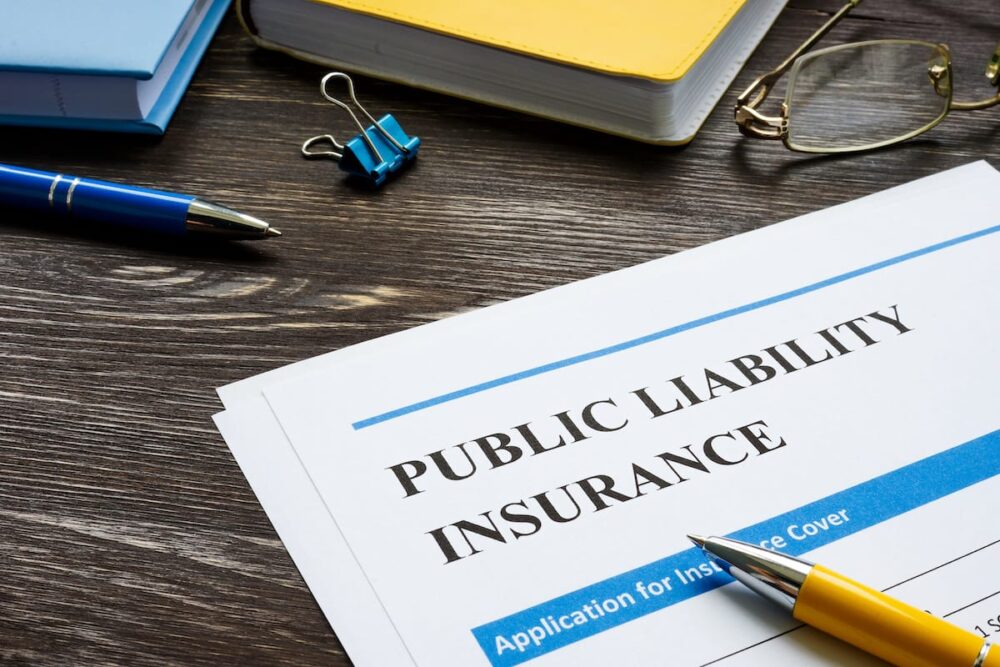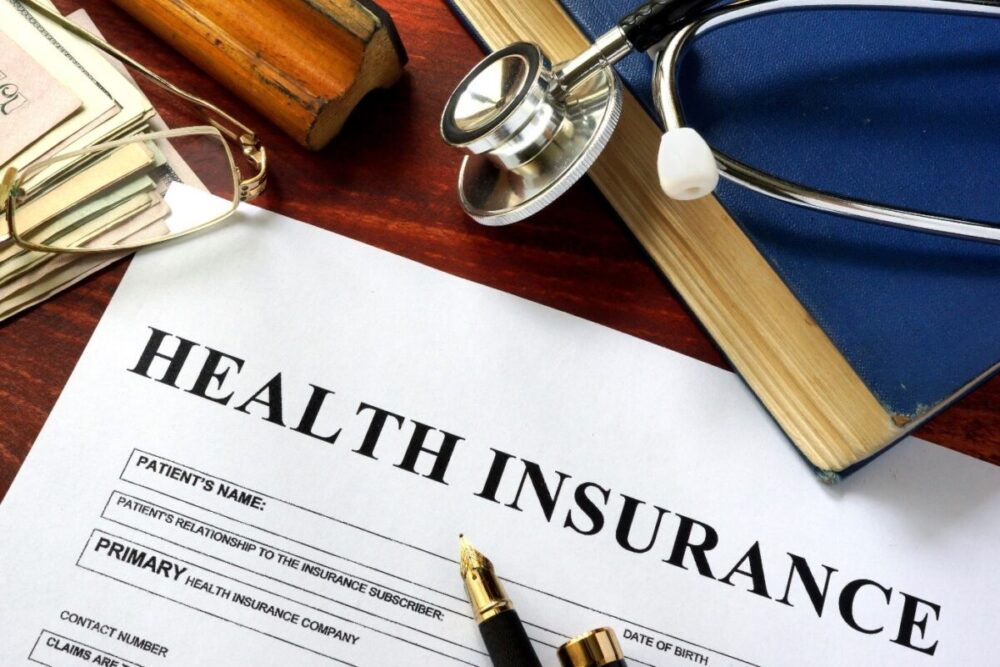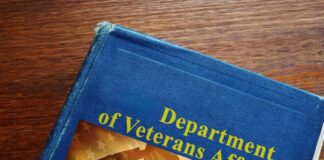
It’s important to get the right kinds of insurance to protect you from litigation, help you restore your assets, and get you or others medical care if needed. There are many different types of insurance policies, so figuring out the right one for you can take time. If you’re considering buying personal liability insurance, home insurance, or another type of policy, it’s important to ask the right questions so that you can make an informed decision. This article will help walk you through some of the most common questions about insurance coverage to help you decide.
What are the differences between personal liability insurance, home insurance, and other insurance types?
Personal liability insurance, home insurance, and other insurance types are all important to have. Personal liability insurance covers damage you may cause to others. Home insurance covers damage to your home. Other types of coverage include auto or car insurance, life and health coverage, dental coverage, etc. Here’s a quick breakdown of some of the most common insurance types.
Personal Liability Insurance

This type of policy protects you if you get sued by someone who is injured on your property or because of an accident. For example, say a guest trips on the step, and smashes their face into the concrete leading to a concussion and a trip to the emergency room. The guest could try suing you for the medical bills and pain and suffering that it caused. Personal liability insurance will kick in and often cover those bills instead of making you go through litigation and risk your personal assets.
Home Insurance
Getting a good home insurance policy can help you cover a myriad of home needs. One aspect of homeowners insurance is liability coverage. While you can get a separate liability policy, it’s also often part of the package for a home. Home insurance also covers certain issues like hail damage, tornado damage, and sometimes flooding. However, some things aren’t covered by homeowners policies, so it’s critical to ask for precise exclusions to a policy. When your home is in a covered event, your insurance policy will pay a portion of the repairs above the deductible amount. If you live in a flood zone, you may need a special policy added to your insurance to cover this.
Car Insurance
You are required to carry car insurance in many states. At a minimum, states often require a liability policy that covers injury or damage to another vehicle. Other coverages include collision and comprehensive which pays for the value of the vehicle if it’s in an accident or covered event. Hail damage is also sometimes part of car insurance policies. You can even get extras that include roadside assistance, theft of car contents, and personal liability.
Business Insurance
When you run a business, you need insurance to cover multiple things. From liability insurance coverage to product damage to theft coverage, there are many different parts to a business insurance policy. The important thing is to get coverage that meets your needs including the value of your equipment, your products, and your location.
Medical and Dental Insurance
When you get sick or injured, medical insurance policies pay a portion of your medical bills. From doctor’s visits to medications to hospital stays, these bills can add up quickly and are usually far more expensive than the average person can pay. Insurance policies for medical and dental care will cover most of these bills after a deductible has been paid.
What are my primary insurance needs?

Before you can determine the right amount of coverage and type of insurance that are right for you, it’s important to figure out what your primary insurance needs are. This means determining which types of losses would cause severe financial hardship if they occurred. Homeowners insurance covers damage to your home, such as fire or water damage from burst pipes. It also protects against theft and vandalism if the perpetrator breaks into the house.
Auto insurance protects you and other drivers on the road, even if they are the ones at fault. You can be sure that your damages will be covered by your own policy especially if you get into an accident with someone who is uninsured. These policies protect you from legal fees and legal liability when something happens.
What risk am I at if I don’t have insurance coverage?
The average person can be sued for an average of $50,000. If you’re injured in an accident, the cost to treat your injuries and pay for lost wages may cost hundreds or thousands of dollars. If you don’t have the cash in the bank to cover these expenses, then you are at risk.
How much insurance coverage is enough to cover my liabilities?
The answer depends on the type of insurance you’re buying, but generally speaking, you should have enough coverage to cover the value of your assets. For a homeowners policy this would include all of the contents of your home as well. You would want to consider the value of your computers, phones, furniture, clothing, and other belongings to choose a policy that offered enough coverage.
How much will the policy cost?

You can shop around for insurance policies. Getting quotes from multiple companies can ensure that you are getting the best rates for the policy. Your insurance rates will vary based on many different factors. This can include risk level, like living in “Tornado Alley”, and how much coverage you need. Additionally, some companies offer discounts on insurance when you have multiple policies with their company.
Can I pay for the policy in installments?
Many insurance companies offer payment options that allow you to pay your premiums in installments. These options can be beneficial if you don’t have the cash on hand or need time to budget for your monthly payments. When you get a quote, ask about monthly or semi-annual payments to see what options they offer.
Conclusion
Finding the right insurance policy starts with understanding the distinctions between types of policies. Some insurance may be redundant, like a personal liability on your car insurance and home insurance. Others are important to protect your assets like business insurance. Do your research to find the best companies for your needs, and don’t be afraid to ask questions and shop around.








